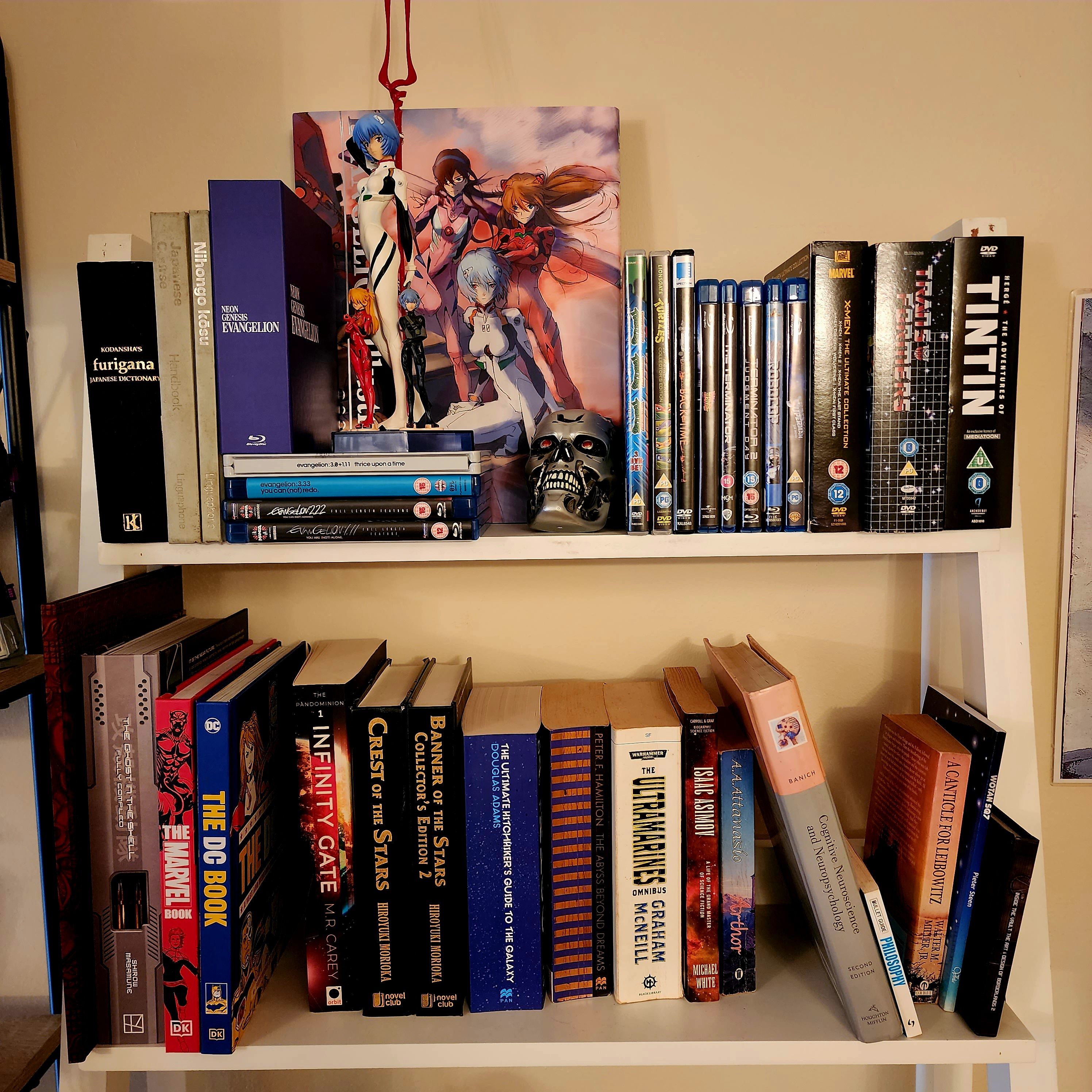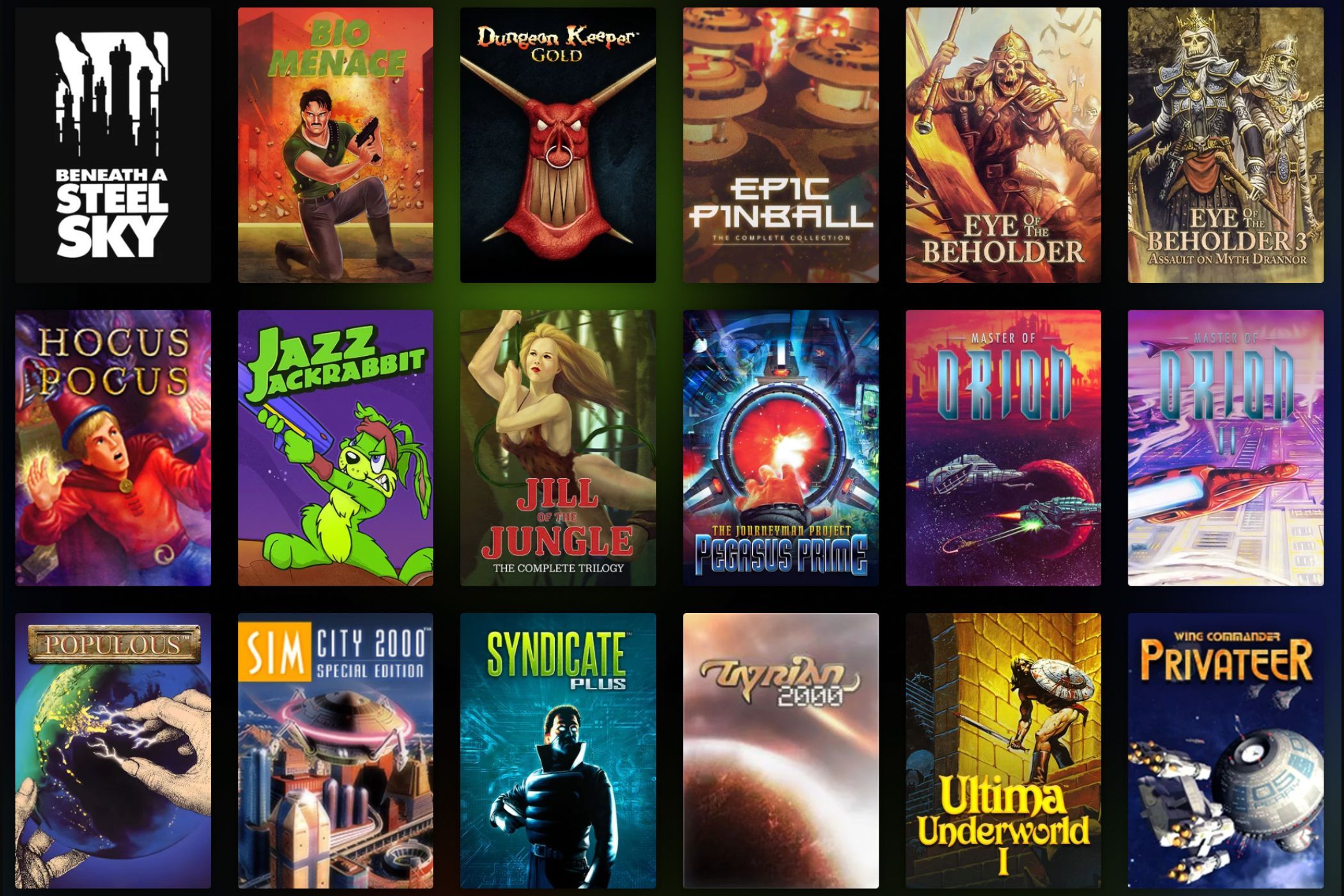Key Takeaways
- Web content is constantly at risk of being lost; users can help preserve it.
- Physical media and DRM-free backups are essential for long-term access.
- Focus on preserving personal favorites and cultural artifacts for future generations.
There’s a saying that “the internet never forgets” but that’s just wishful thinking. Storing data on servers takes money, time, and effort. Eventually, something you care about will be wiped from the web forever. The good news is that you can do something about it now.
Web Content Is Always Under Threat
Just a day before I sat down to write this, Paramount removed almost everything from the Comedy Central and MTV websites. The Internet Archive, arguably one of the most important websites on the internet, has been forced to remove around 500 000 books from its site. While archival sites do their best to preserve what they can, legal and financial pressures will inevitably lead to losses of content and our easy access to it. Even peer-to-peer hosting of rare content, such as implemented by the Internet Archive, doesn’t guarantee that eventually some torrents will have no seeds. Streaming services and digital content such as ebooks and digital-only games can likewise disappear in the blink of an eye.
We ourselves, as collective users of the web, can individually preserve content. So don’t let time and entropy rob you of the content you think should be saved somewhere. Here’s how you can keep a small piece of our culture safe from digital death.
Buy Physical Books, DVDs, and Blu-rays
There are plenty of reasons to buy physical books, movies, and TV series, but for me, near the top of the list is that I want to ensure that, if nothing else, I have lifetime access to my favorites. This is why I have Blu-rays of The Terminator and its sequel. They can bury me with my copies of the Back to the Future trilogy, and, of course, I spent a fortune to own the complete physical set of Neon Genesis Evangelion.
My bookshelf is home to collector’s editions of the first six Dune books, and you better know I have The Lord of the Rings and various other Tolkien books nestled in there as well. If I ever get a bank loan approved to build an underground bunker, you can bet that could get me through the first few weeks of a nuclear winter.
Not everyone has the space for physical media, but long-term storage devices such as archival hard drives, tape, and archival optical media are readily available and not that expensive. This gives you the option to preserve stuff for at the very least as long as you’re around.
There are several places you can get DRM (Digital Rights Management) free content. Such as GOG.com for games, or some book publishers like TOR do not use DRM on their ebooks. If your media has no DRM, you can generally make a backup of it for your own use, but of course, you are not allowed to distribute it. However, because of the US DMCA (Digital Millennium Copyright Act) and other similar laws in other parts of the world, it’s usually illegal to get rid of the copy protection on media, even if you paid for it. While tools exist to easily strip DRM from most types of content, the very act of defeating that protection is illegal thanks to “anti-circumvention” provisions in the DMCA and other similar laws across the world.
Save Memes, Screenshot Websites, and Do What You Can
We can still get a taste of the culture of previous decades, centuries, and even early man thanks to the physical cultural artifacts they left behind. There’s graffiti from ancient Rome still on the walls of ruins, and literal cave paintings exist from prehistory.
So much of modern culture is online, that at some point it will just disappear like mist in the sun. We have sites dedicated to preserving online culture, such as the Wayback Machine and KnowYourMeme, but they are susceptible to the same potential fate as any website. So, as weird as it may sound, maybe you want to do the internet equivalent of scrapbooking and save some offline copies of the memes that are part of your culture.
Focus on What Matters to You
Most early films are lost forever, and we’ll never know exactly what was lost when the Library of Alexandria burnt down, because some texts had only one copy in that one location.
Today, many films that were thought lost have been rediscovered in the possession of private collectors. It would certainly be cool if a book, game, or movie was only restored one day because one of us preserved a copy. I’m not saying everyone should be the next Marion Stokes who recorded hundreds of thousands of hours of TV footage though.
No, what I’m suggesting is that you preserve the stuff that’s personally important to you, simply for your own use. Buy physical copies of your favorite media in a format that will work without needing an internet connection. Make DRM-free backups of the stuff you care about and always want access to, for no other reason than your own convenience. If it so happens that your personal collection of preserved media restores human civilization after a global apocalypse, well, that’s just one more thing to feel good about.






